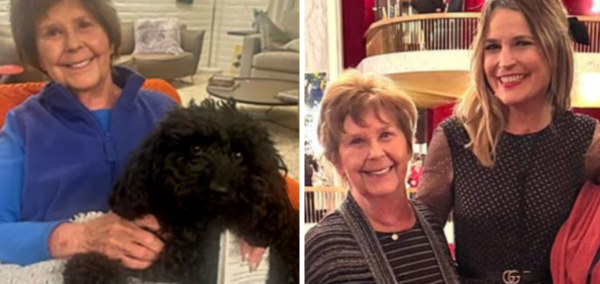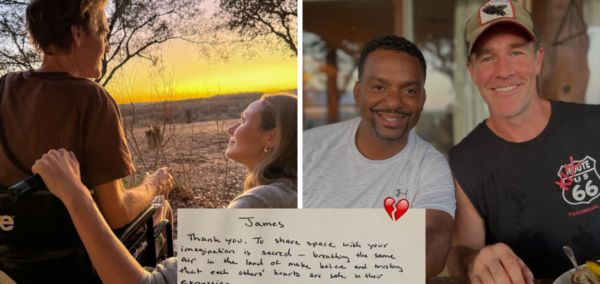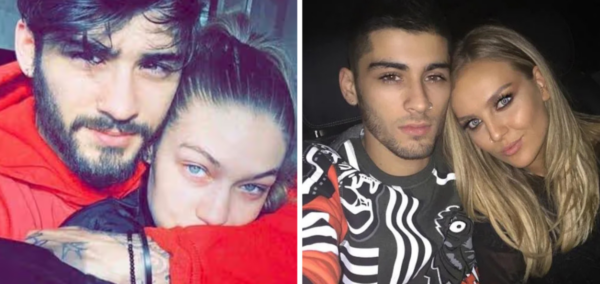
In defence of Friends: From male nannies to lesbian exes, it was a show ahead of its time
You can’t ignore the fact the show broke so many boundaries
It’s fair to say that Friends hasn’t exactly aged well. Between the fat jokes, homophobia, and complete lack of racial diversity, people are starting to fall a little out of love with this classic sitcom. As a child who grew up with the second (or third) wave of Friends fans, it has formed such an integral part of my life so it’s hard to consider that its time may have come to an end.
It’s very clear to anyone who has watched Friends that there are some storylines considered offensive and uncomfortable in today’s context.
But it’s important to realise Friends was not alone in this era of insensitive sitcoms and caricatured characters, it was just the most popular within a plethora of similar shows. It was feeding off and responding to issues which saturated contemporary society – and still do. Whilst jokes about drag queens, male nannies, and lesbian ex-wives are insensitive and out-dated, they were written at a time where these microaggressions went unnoticed.

via Netflix
If anything, Friends has become a good barometer for the progress we’ve made. Watching Friends and being uncomfortable with the references to Monica’s fatness, or Chandler’s speculated gayness highlights the new-found awareness our generation has. Recognising a joke is offensive and then being aware of your attitude towards it arguably does more for progress than erasing Friends as the beloved sitcom canon.
Most Read
Monica’s fatness was frequently boiled down to quick jokes, but for me it speaks to the pressure women face with their weight; for a long time young characters on TV were invariably skinny, and if not, this seemingly became their defining trait as a character. Monica’s character highlights how women’s worth is invariably linked to their weight and aesthetic – when fat she was unpopular and often pitied, only gaining social acceptance once she lost weight. Whilst the storyline unequivocally could have been more delicately formed, often verging on fatphobia, I do feel like it touches on the treatment of plus sized women in society and the pressure to quite literally fit in.
The argument remains that you can only be radical as far as contemporary society will allow: progress is measured by the distance between what is the “normal” and the “radical” action taken. A seemingly radical step forward will quickly become outdated once the next iteration becomes established. Maybe what is important to remember is the things we witness on TV now perhaps would not exist without the foundation Friends provided.

via Netflix
Friends broke a lot of boundaries and challenged perspectives at the time by presenting storylines about infertility, same-sex marriage, female career progression, divorced parenting, broken families – the list goes on. It was also the first ever show to televise a same-sex marriage. If we were to apply a post-woke-ism, most fan favourites would be deemed inappropriate. It becomes part of a wider debate about the evolution of popular culture and an even wider debate about the media influencing zeitgeist in general.
Ultimately Friends was written as a tribute to your 20s, when people are scrambling trying to navigate adulthood and the changing relationships and boundaries between family, friends, jobs, and romantic partners. It’s beloved because its core explores love, trust, betrayal – and mostly, friendship.
Related stories recommended by this writer:
• Let’s admit it, Made in Chelsea is tiring to watch in the cost of living crisis
• Meet Mia Goth, the baby-voiced horror movie icon Twitter and TikTok are obsessed with
• This is the context behind the ‘ludicrously capacious bag’ meme all over your Twitter right now















